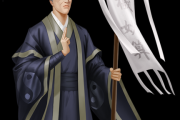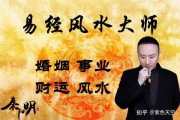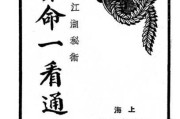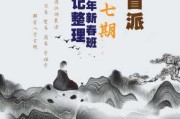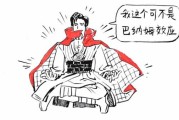在 many Chinese communities, the art of divination is a popular pastime, often involving the reading of horoscopes or the interpretation of omens. The practice is deeply rooted in tradition, but for many, it raises a puzzling question: why do fortune-tellers not pay more attention to one's past experiences and history?

The answer lies in the nature of human behavior and the principles of divination itself. At its core, divination is about predicting the future based on the present state of mind and circumstances. It's not about reading the past, but rather about understanding where one is now and where they are heading. The past, after all, is a collection of experiences that have shaped who we are, but it's not a direct influence on our future choices.
Take, for example, a person who has experienced a lot of suffering in their past. A fortune-teller who focuses solely on their current emotional state and future aspirations would be more likely to offer meaningful insights, rather than dwelling on the pain of the past. The past, while important, is often a fixed backdrop against which the present and future are played out.
Moreover, the past is a complex and unpredictable force. It's shaped by countless events and decisions that are beyond our control. To try to read the past as a guide to the future would be like trying to predict the weather based on the position of the stars. While there may be some patterns and trends, they are not always reliable or even relevant.
In addition, the process of divination itself is a present-focused activity. It requires the fortune-teller to be fully present in the moment, to listen to the client's thoughts and feelings, and to interpret the omens in a way that is responsive to the current state of mind. This makes the past, which is often stored in the depths of the unconscious, less relevant to the future.
Some might argue that the past still has a hidden influence on the future, but this is more of a philosophical question than a practical one. The past may have shaped our current beliefs and values, but it doesn't directly dictate our future choices. When a fortune-teller reads a person's future, they are not reading a tapestry of past experiences, but rather a living, breathing present.
In conclusion, the reason why fortune-tellers do not delve deeply into one's past is because divination is fundamentally about understanding the present and shaping the future. The past, while important, is not a direct influence on the future. The fortune-teller's focus is on the current state of mind and the path ahead, not the history behind. This is why the art of divination remains a valuable tool for self-discovery and personal growth, rather than a means of reading the past.
相关阅读:
标签: #算命


